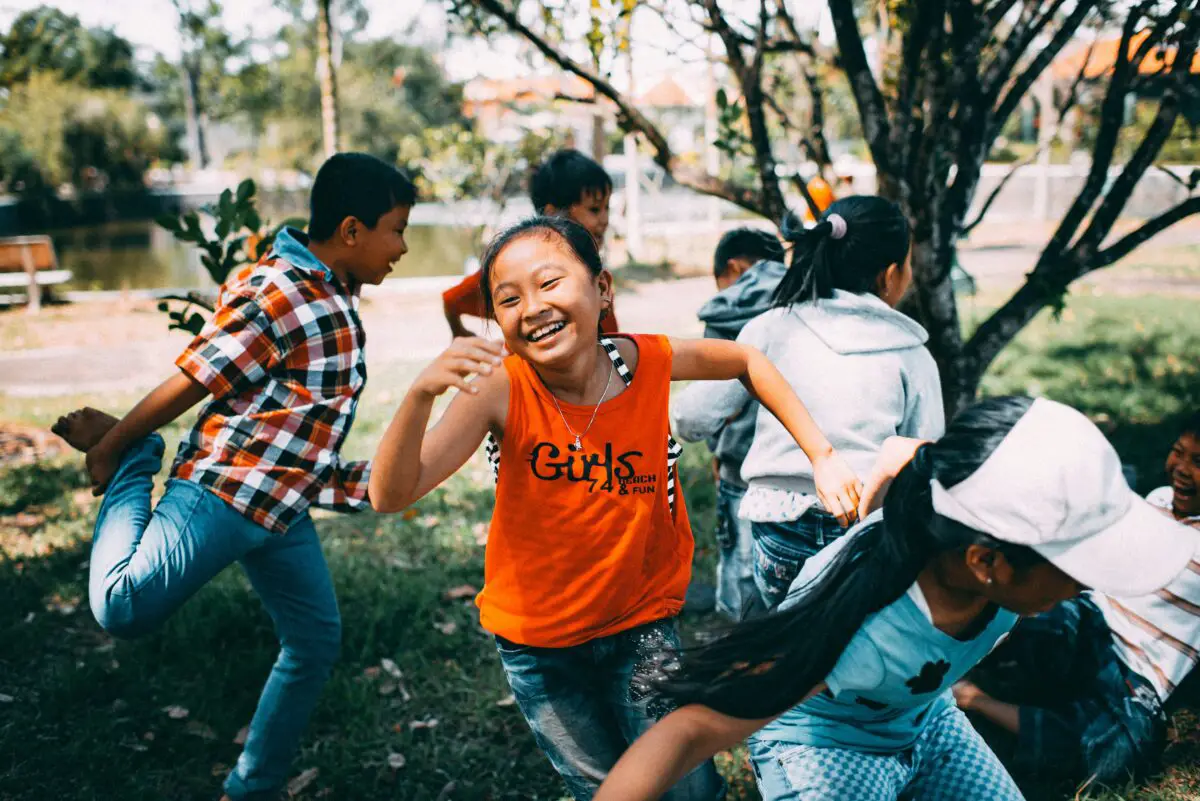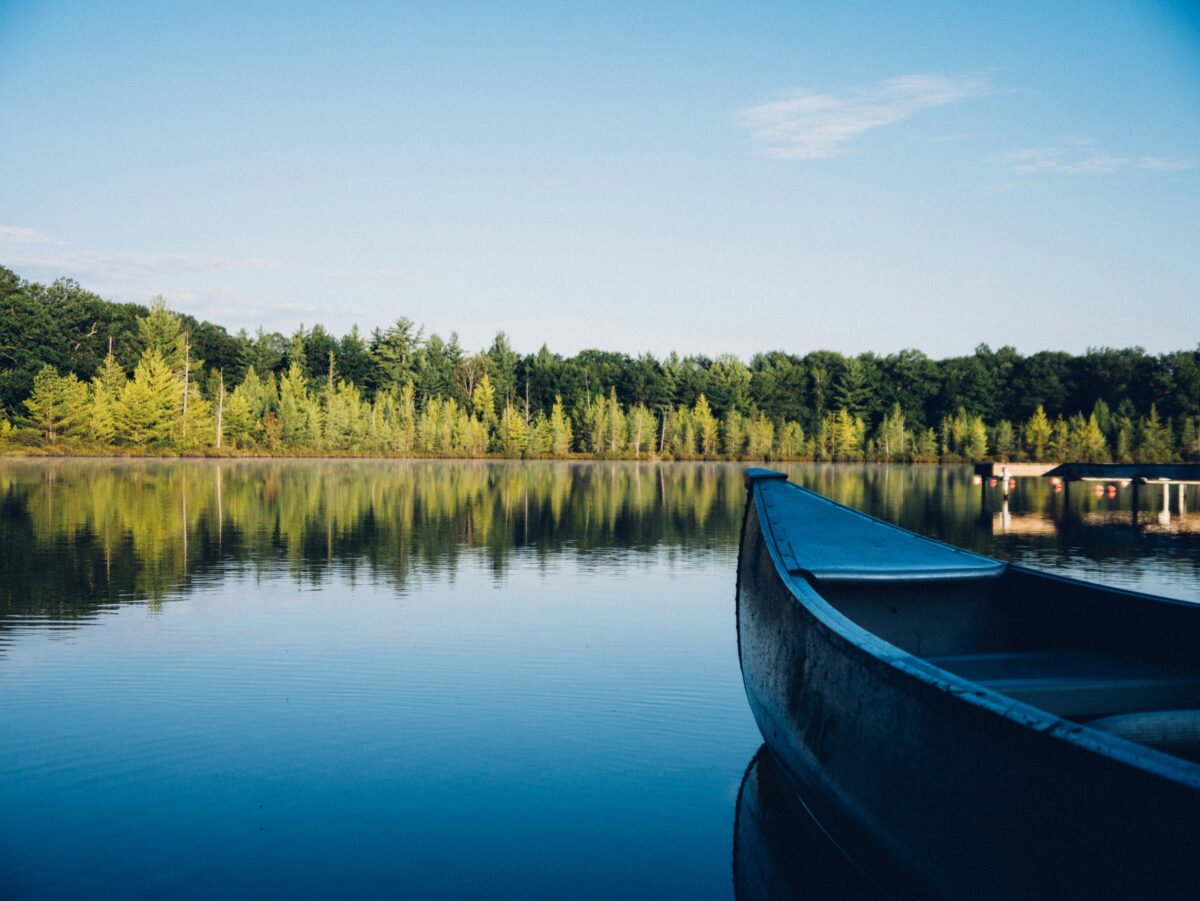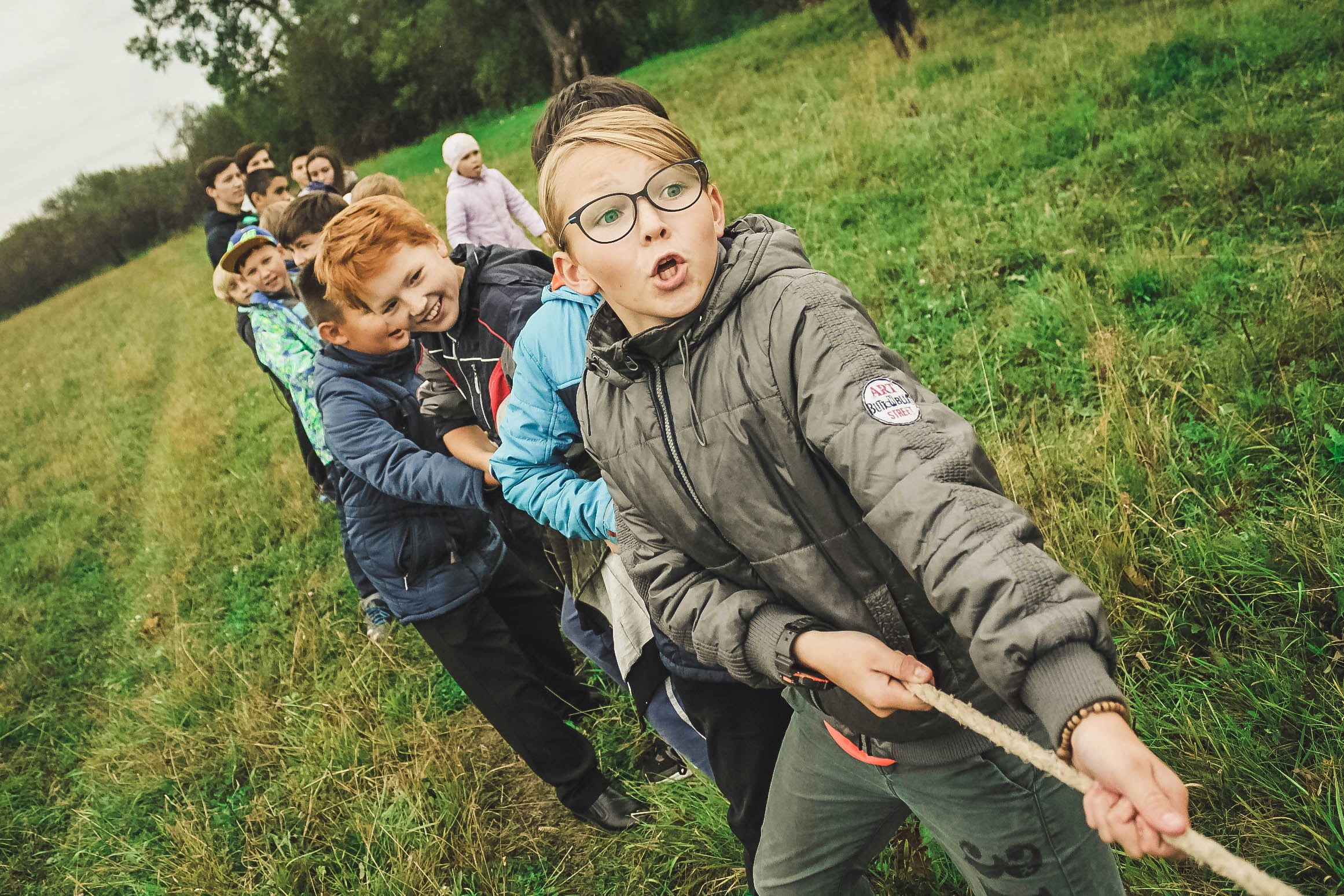Summer camp is an activity that many kids and teens look forward to each year. This gives a chance to make new friends and learn new things apart from having a break from the normal routines of daily life. But what can one say about summer camps? This article will discuss the number of weeks that summer camps generally run, the various types of camps that are out there, and what to anticipate on the final day of the camp.
How Long Do Summer Camps Last?
The duration of the summer camps may differ immensely period. A traditional summer camp can range from one to eight weeks long or even more. Some camps have flexible sessions where kids are able to attend it for few days or one or two weeks. Day camps are centres where children attend during the day and usually for a week or more whereas sleepaway camps tend to be for a week or even more. Speciality camps, which can be camps that offer particular experiences, may also differ in length.
Traditional Summer Camps
Summer camps are usually for a period of one to eight weeks depending on the organizational camp style. These camps provides various activities for example swimming, hiking and event aerobics or any other art related physical activity. The span is also a flexible one and depends on the number of days the family and the camper wants to spend in the camp.
Day Camps
Normally, day camps are usually one-week affairs but may span to as many as several weeks. These sit during the day and children are taken by parents from camp in the evening. Overnight camps are better suited for older children or those who are ready to spend more time away from home, while day camps are excellent for children who are not ready to spend nights away from home.
Sleepaway Camps
Overnight camps, sometimes termed as sleepaway camps, takes only one week to the whole summer. These camps are better since they are full immersion and students get to spend overnight at the camp in cabins or tents. Sleepaway camps are ideal for a slightly older kid and when you want to give your child the feeling of another kind of experience.
Sleepaway Camp Definition
A sleepaway camp, also known as an overnight camp, is a summer camp that children go to for overnight stays in the camp for the entire session. A camper is a youngster who stays in cabins or tents and engages in different actions during the day. Sleep away camp is a wonderful experience for the children because it helps them learn new skills of self-sufficiency that are necessary for life and allows the kids to interact with their peers and become an integral part of the community.
Characteristics of Sleepaway Camps
Sleepaway camps involve the children presenting a schedule of events that they are supposed to engage in, including games, art, and other outside activities like hiking. Instead of parents taking their children for camping, the campers are accompanied by qualified counsellors who not only watch over the children but also help them go through the camp experience. Group lunches and breakfasts are taken in common dining halls, and many evenings are spent with bonfires, games, etc.
Benefits of Sleepaway Camps
In a similar manner, sleepaway camps play a major role in helping children grow into independent individuals with enhanced interpersonal skills. From it they learn how to organize themselves, how to arrange and look after their own things, how to cope with new social contacts. There can be a closer fellowship that helps with forming long-lasting friendships because people spend more time together.

The Last Day of Summer Camp
Like most things in the camp, the parting is bittersweet as campers and staff get ready to embrace the end of summer camp. It is time for achievements, parting with new friends and summing up the outcomes of rather intensive weeks.
Closing Ceremonies
A special feature of many camps is that final ceremonies often take place on the last day. They may include recognition such as awards for the best camps or instructors, and music and dance presentations by camp directors and instructors. In the final evening, coaches have an opportunity to reward their players’ achievements and together with campers celebrate being a part of the camp.
Packing and Goodbyes
In preparation for leaving the campsite, campers engage in specific activities including packing up their belongings. To ensure proper bag organization, counsellors will assist in packing clothing and other personal belongings. A formal send-off can be quite a teary occasion, but most campers are eager to return the next year to continue with the same friends and counsellors.
Departure
It has been a tradition for parents to come and fetch their children on the last day of the school session. It may be possible to have a final activity that parents could attend to see what the camp of their children has done. This can be in form of a tour of the camp, a parade that highlights the different projects that campers have developed or the ultimate production.
What is Summer Camp?
Summer camp entails a formal or informal structured activity for children or teenagers usually held in the summer holidays. The purpose of camps is to provide children with an environment that meets their educational, recreational, and social needs. It is, therefore, important for children to have these opportunities to take a break from the normal activities that involve the school and home setting.
Types of Summer Camps
Let me briefly pinpoint out the different types of summer camps that are available to fulfil the needs of different individuals. These categories include conventional camps, other forms of camps, sports camps, and education camps. Both types are programs and activities which are different from each other and created for the purpose of developing new talents and skills in campers.
Traditional Camps
There are always many things to do and to learn while in traditional camps, including swimming, hiking, arts and crafts, and games. A diverse day is planned for the child so they can feel like they are part of a team and be able to adapt to their circumstances.
Specialty Camps
These involve camps that have been earmarked for niche interests or activities. Some of the examples of these types of camps are music camps, science camps, and adventure camps. These acts entail instructional and activities dealing with the theme of the camp in question.
Sports Camps
Sports camps are specifically for pupils who are involved in the activities of a particular sport. These camps may include enhanced facilities from qualified trainers and make provisions also for sporting activities like soccer, basket ball and tennis among others.
Educational Camps
Academic camps target education learning with targets aiming at the aspects of education learning for example mathematics, science, and language learning. Camps offer many benefits including fun and learning, so children can continue learning even during vacations.

When Does Summer Camp End?
The exact date may differ, but summer camp usually comes to an end in August because it ranges from a week to several months long and may be of different types. Most traditional camps work in summer and often children attend summer camps in July or August or at least towards this period. Sleepaway camps might also be over at this time or they might end at the end of August.
End-of-Summer Celebrations
Numerous camps always have some kind of shindig or bash that ushers back the end of the season. These can be namely talent shows, campfires and awarding ceremonies. End-of-summer celebrations give a sense of a more structured conclusion to the camp and enable campers to process the time through which they spend at camp.
Returning Home
As much as the camp experience can be fun, coming back home might be a little withdrawal for both campers and their parents. Such camper may feel homesick or may just miss the friend or routine that he or she used to have during camp sessions. To further assist in this process, parents should ensure that the children remain connected with their camp friends and discuss their fun time at camp.
Looking Forward to Next Year
It may sound quite paradoxical to many people, but for campers, the end of one summer camp season means it is time to look forward to the next. Seasons could also end early with camps accepting registration for the next year in order to help families make better plans.
Conclusion
In the past, summer camps have been a tradition that provides young people with the opportunity to learn, discover, and have fun. The duration of one or another camp can be rather varied and it is possible to speak about camps with short terms of several days or about camps with long terms of several weeks. Summer camp is a wonderful place to have fun during a summer vacation, serving children as a day camp or a sleepaway camp.
Learning what campers and parents can expect about summer camp, from the schedules of each day and the final day to expectations the camper needs to have creates the best preparation to enjoy camp. This brings summer to an end and campers start saying goodbye to the camp with memories that will remain with them for the rest of their lives with cheeks that turn red when thinking about the next summer camps..

Leave a Reply
You must be logged in to post a comment.